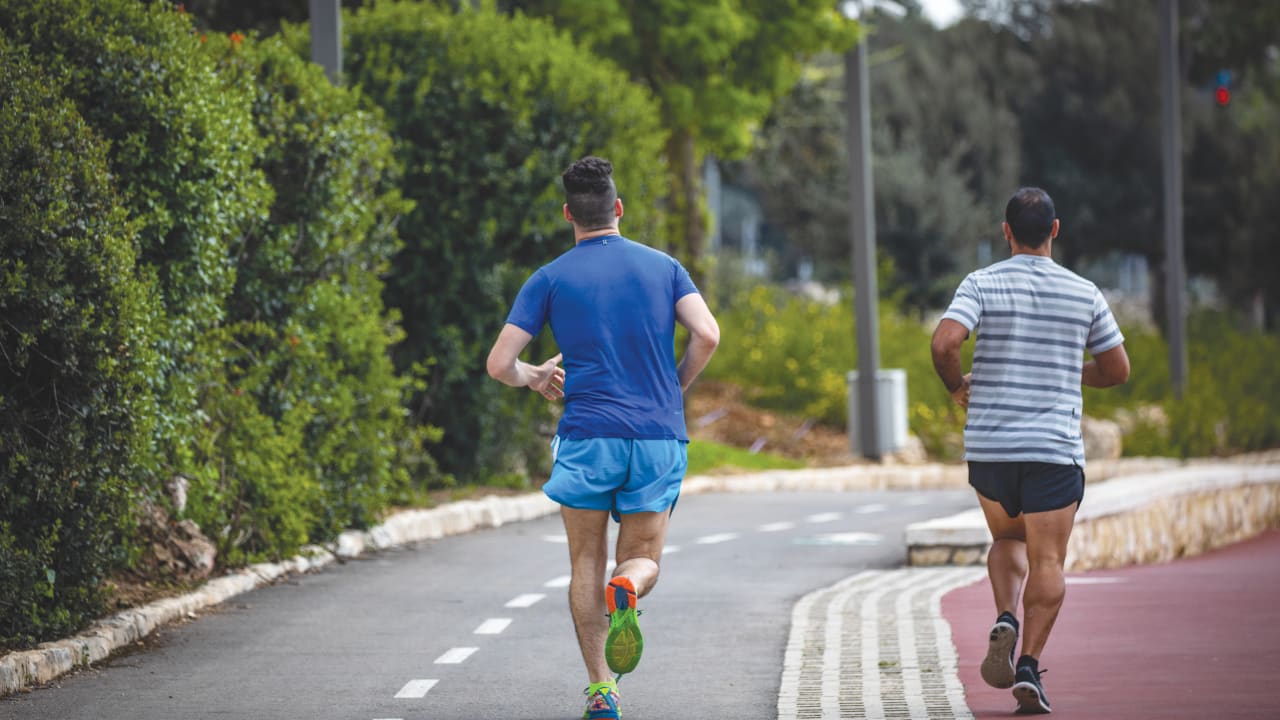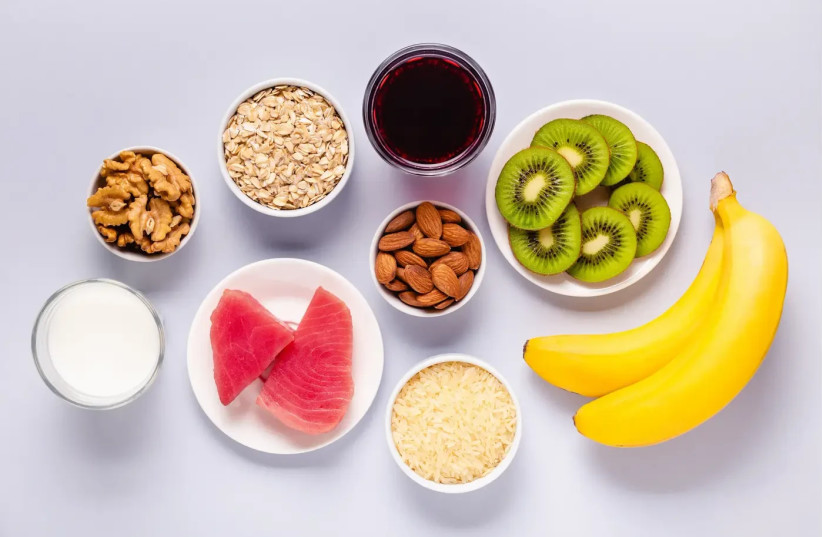ByJERUSALEM POST STAFF
After the intervention, the volunteers showed a decrease in anxiety levels, and no participant experienced severe anxiety or panic.
A recent study published in the Journal of Nursing Practice has revealed that self-hugging can reduce feelings of anxiety, according to Psychology Today. The study, led by scientist Yulia Susanti from Indonesia, focused on the effects of self-hugs on anxiety levels, especially in stressful situations like important exams.
In the study, 22 volunteers who were students working on their thesis participated in the experiment. All the students experienced at least mild anxiety symptoms. They were asked to fill out the Depression Anxiety Stress Scale (DASS) questionnaire before and after a self-hugging intervention. The questionnaire required the volunteers to answer several questions about physical and psychological aspects of fear and anxiety. Based on the scores, the volunteers were classified as having no anxiety, mild anxiety, moderate anxiety, severe anxiety, or panic.
Before the intervention, the results indicated high levels of anxiety among the participants. Specifically, 54.5% of the volunteers experienced severe anxiety, 27.3% experienced panic, and 18.2% experienced moderate anxiety.
For three weeks, the students participated in a self-hug session each week. During these sessions, they were asked to relax as much as possible and sit cross-legged in a comfortable position. They crossed their arms over their chests and rested the fingertips of each hand on the opposing shoulder, resulting in a self-hug. While in this position, the students repeated positive phrases such as "I can do this" for 30 seconds.
After the intervention, the volunteers showed a decrease in anxiety levels. No participant experienced severe anxiety or panic. Instead, 63.6% of the volunteers experienced moderate anxiety, and 36.4% experienced mild anxiety. The decrease in anxiety levels supports the conclusion that self-hugging acts against stress.
"By holding yourself, you activate the calming part of your nervous system. Your brain thinks: I am safe," explained Marleen van Tol, a psychologist at UNICEF, according to Metro. "Self-hugging is a simple way to cope with stress and can easily be incorporated into daily routines. This is especially important when professional help or social support is not immediately available," she added.
Psychological research has shown that receiving a hug from another person reduces stress levels and negative emotions like depression and loneliness, as the body produces oxytocin, known as the "hug hormone." Susanti and her team investigated whether hugging oneself has a similar effect when a person is alone, as self-hugs have not been systematically investigated much in psychological research.
The findings suggest that self-hugging is emerging as a practical strategy for coping with anxiety. With the ability to activate the calming part of the nervous system, self-hugging provides an accessible means of reducing stress and promoting mental well-being.




















